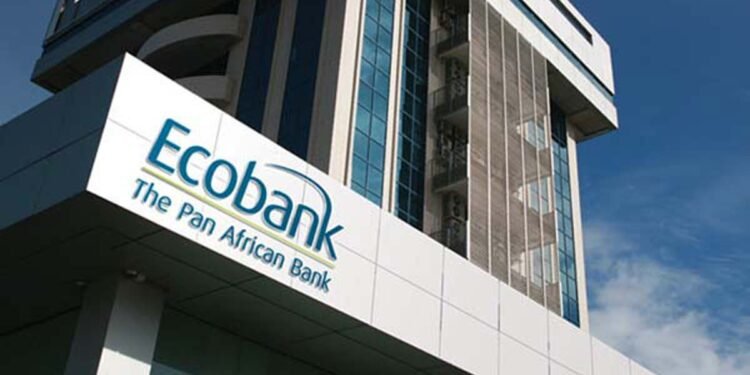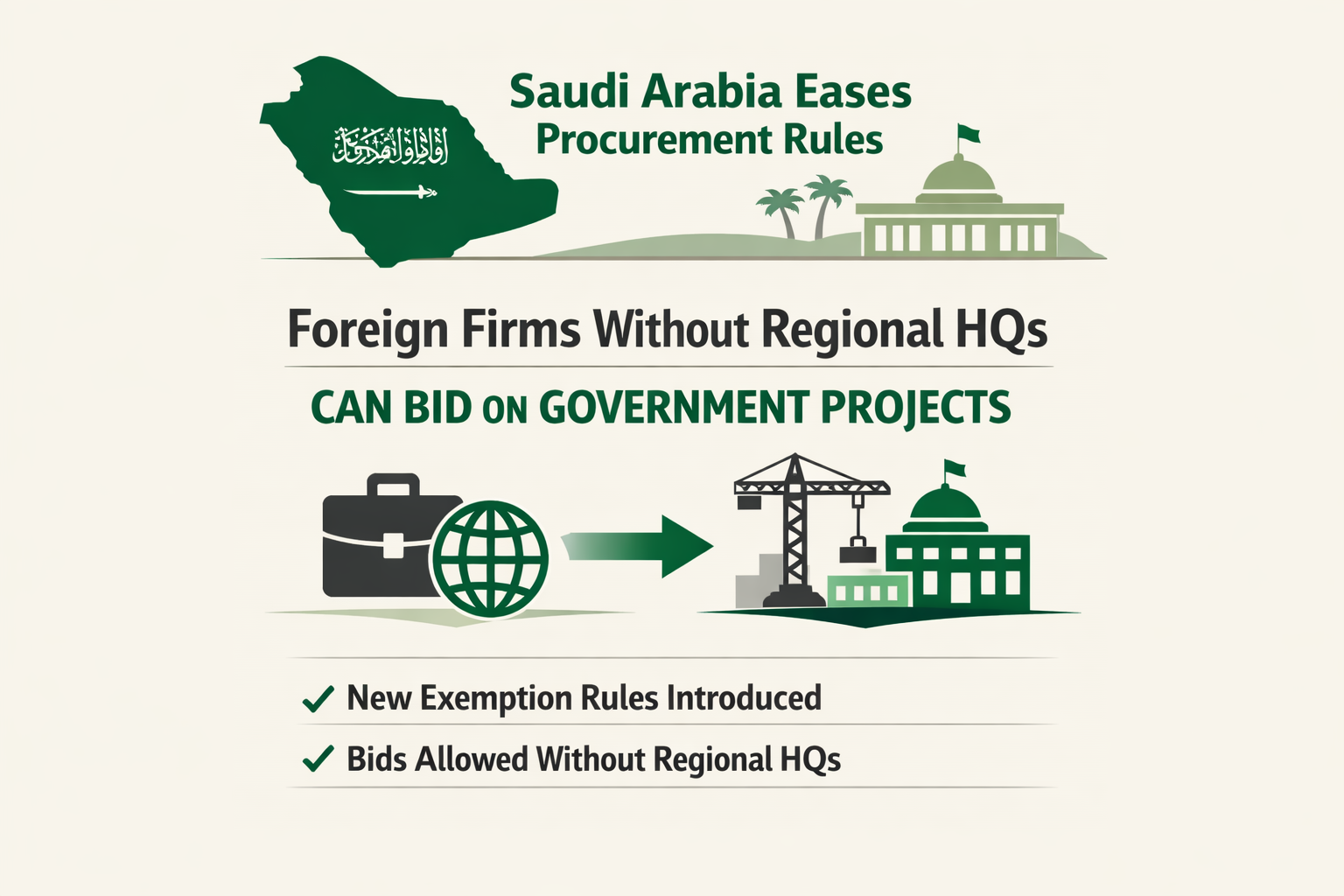Ecobank Transnational Incorporated (ETI) has delivered another impressive quarter, reporting a 47% rise in pre-tax profit to N394.6 billion for the third quarter of 2025. Profit after tax also surged 48% year-on-year to N268.5 billion, underscoring the bank’s ability to sustain growth amid challenging economic conditions across its African markets.
The performance capped a solid nine-month run, with pre-tax profit climbing 42% to N1.01 trillion and post-tax profit increasing 43% to N702.4 billion. This strong momentum highlights Ecobank’s success in combining disciplined cost management with growth-focused lending and digital expansion.
Ecobank’s top-line growth was underpinned by higher interest income, stronger customer activity, and growing non-interest revenue. Net interest income rose 34% year-on-year to N588.1 billion, reflecting both improved loan pricing and expanded lending volumes across its portfolio.
Also Read:
- Ecobank divests stake in Ecobank Mozambique SA to Malawian FDH Bank
- Ecobank Group Reports 40% Surge in H1 2025 Profit Before Tax to NGN 620.2 Billion
- $122.5 Million in 90 Days: Ecobank's Q1 Profit Jumps 17% Amid Pan-African Stability
- Nedbank Sells 21.22% Ecobank Stake to Bosquet Investments in $100 Million Deal
Total interest income reached N841.7 billion, up 20%, driven by higher rates and increased borrowing across retail and corporate clients. Non-interest revenue also advanced 12% to N381.5 billion, supported by robust performance in digital payments, trade services, and treasury operations.
Ecobank’s digital and transaction services delivered solid returns, with fee and commission income climbing to N274.3 billion as customers embraced its payments and trade finance platforms. This sustained digital adoption continues to position the bank as one of Africa’s leaders in financial technology integration.
The treasury segment contributed N154.3 billion in FX and trading income, representing a 19% jump from the previous year. By leveraging currency volatility across its 33 markets, the bank effectively turned market uncertainty into earnings resilience.
Operating Income and Cost Efficiency
Total operating income for Q3 2025 rose 24% year-on-year to N969.6 billion, while operating profit before impairment surged 50% to N523.4 billion. Despite the higher revenue base, Ecobank managed to keep costs in check, with operating expenses up just 3% to N446.2 billion.
This modest cost growth across multiple inflation-hit African economies demonstrates effective expense discipline and operational efficiency. However, impairment charges increased sharply by 64% to N129.7 billion, signaling a prudent approach to managing rising credit risks in volatile markets.
Balance Sheet
Ecobank’s total assets expanded 11% to N47.97 trillion, with customer deposits growing 13% to N35.68 trillion and loans advancing 9% to N16.78 trillion. Shareholders’ funds rose 33% to N3.69 trillion, reflecting higher retained earnings, fair value adjustments, and FX translation gains.
These improvements suggest that Ecobank’s profitability is translating into a stronger balance sheet and enhanced capital buffers. The growth also points to the bank’s ability to capitalize on cross-border opportunities while maintaining liquidity and capital adequacy.
CEO Comments
Group CEO Jeremy Awori credited the results to disciplined execution and a resilient strategy. “We’re pleased with the strong momentum across our businesses this quarter. Our continued investment in digital capabilities and our ability to serve customers across 33 markets is paying off. Despite persistent inflation and FX volatility in many of our markets, we’ve delivered solid earnings, strengthened our capital, and deepened customer trust,” he said.
Bottom Line
Ecobank’s Q3 2025 performance reflects strong operational momentum, efficient cost control, and broad-based growth across income lines. The bank’s ability to balance expansion with risk management highlights its resilience in navigating Africa’s complex economic landscape.
Looking ahead, Ecobank faces familiar challenges, including currency devaluations, credit risks, and macroeconomic uncertainty across several African economies. Still, its diversified footprint and digital strength suggest the bank is well-positioned to sustain profitability in the medium term.


























